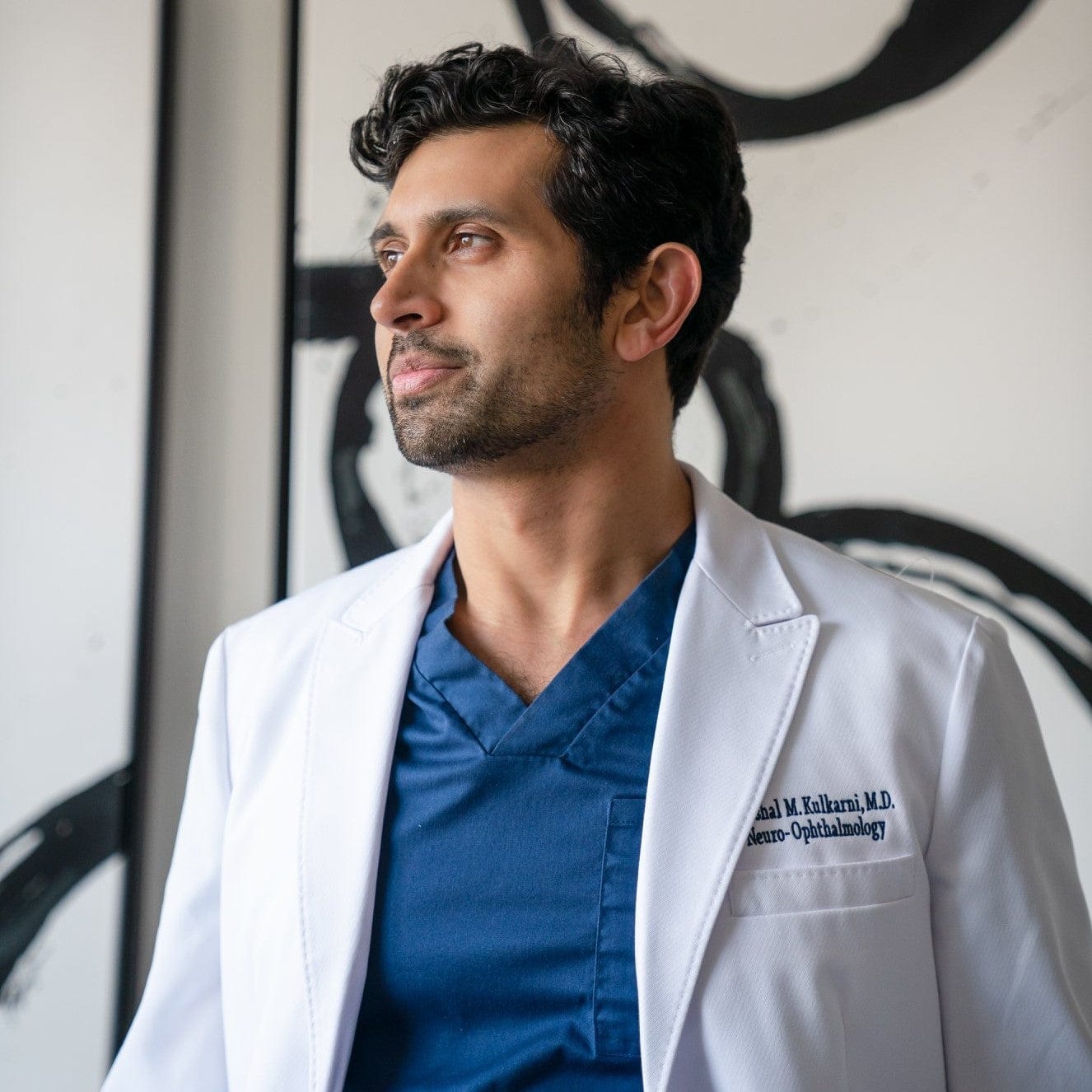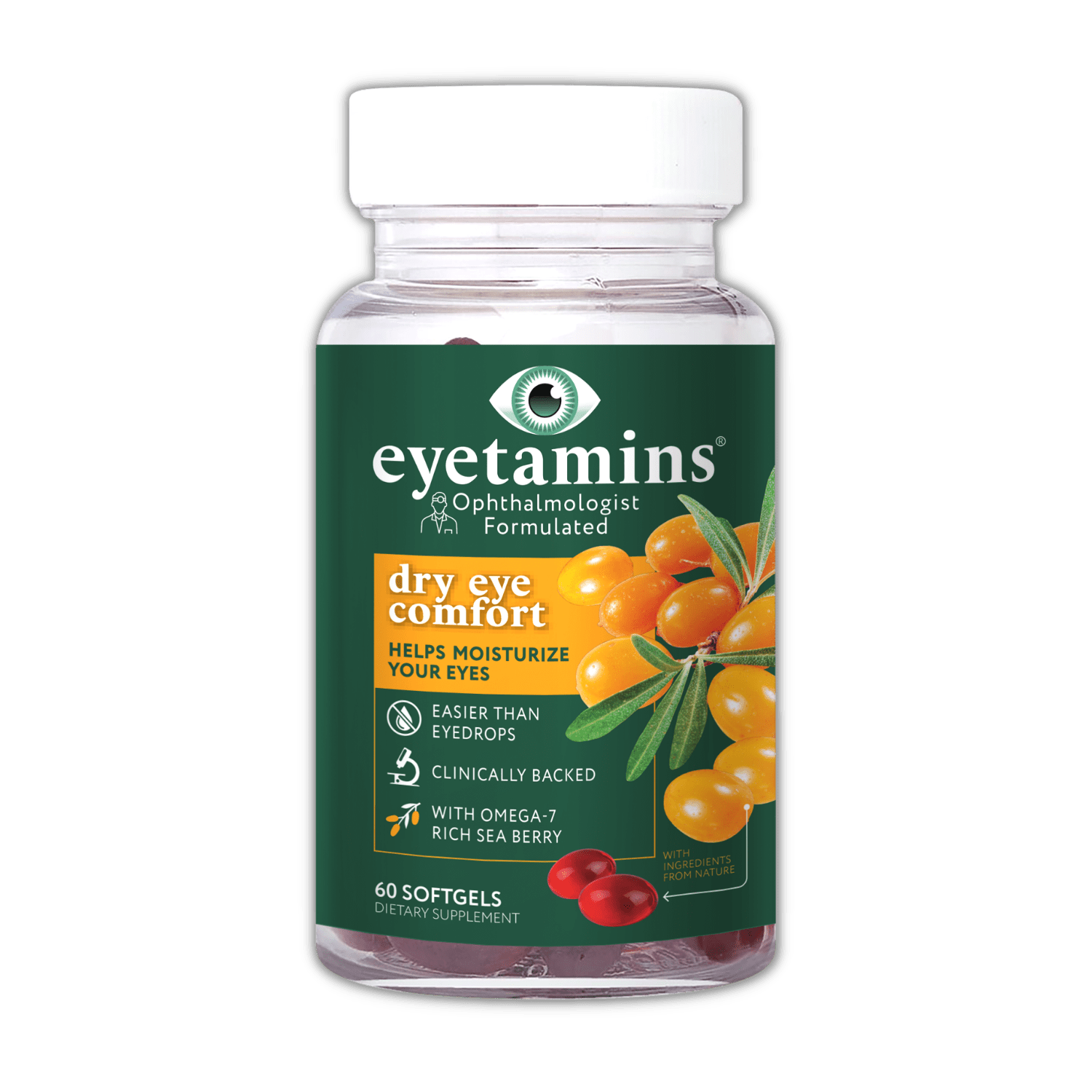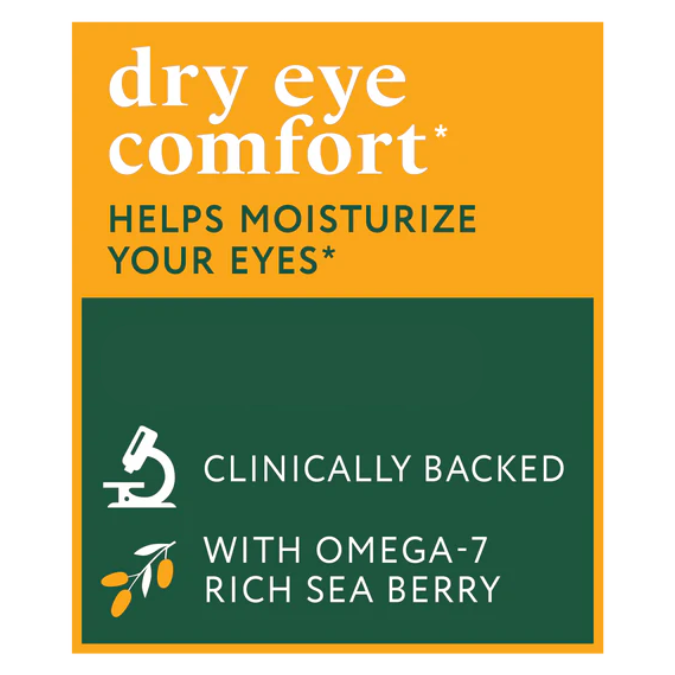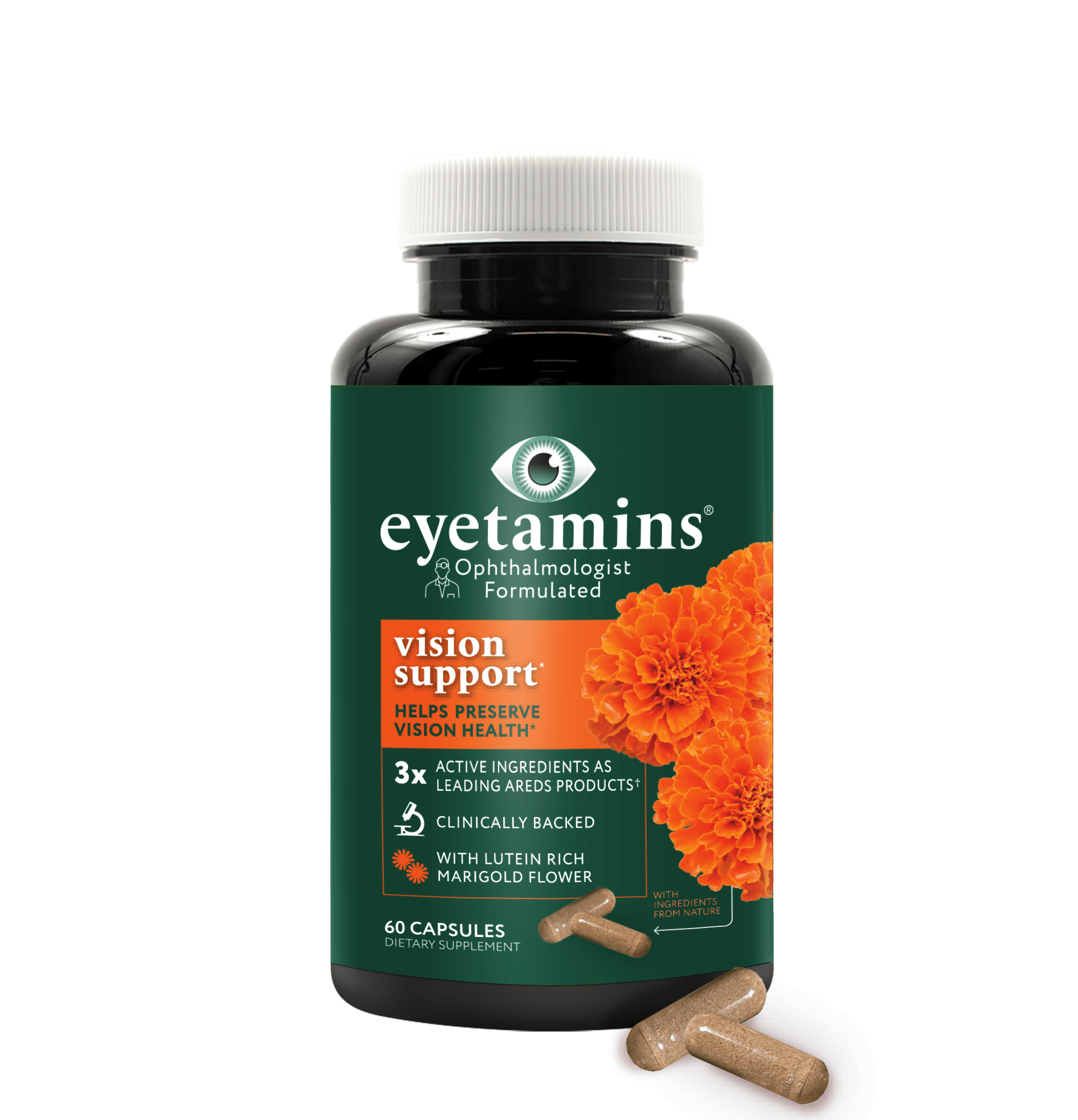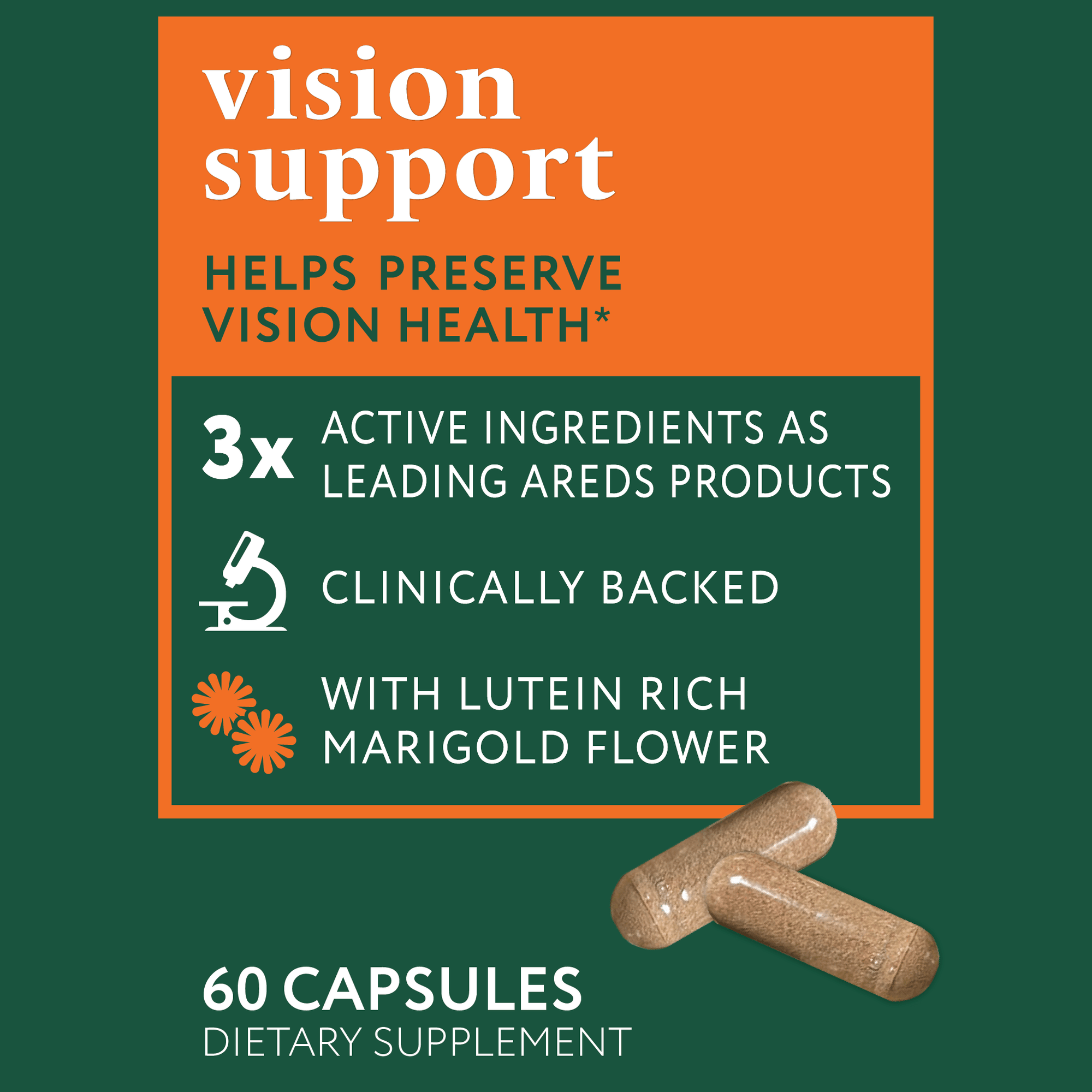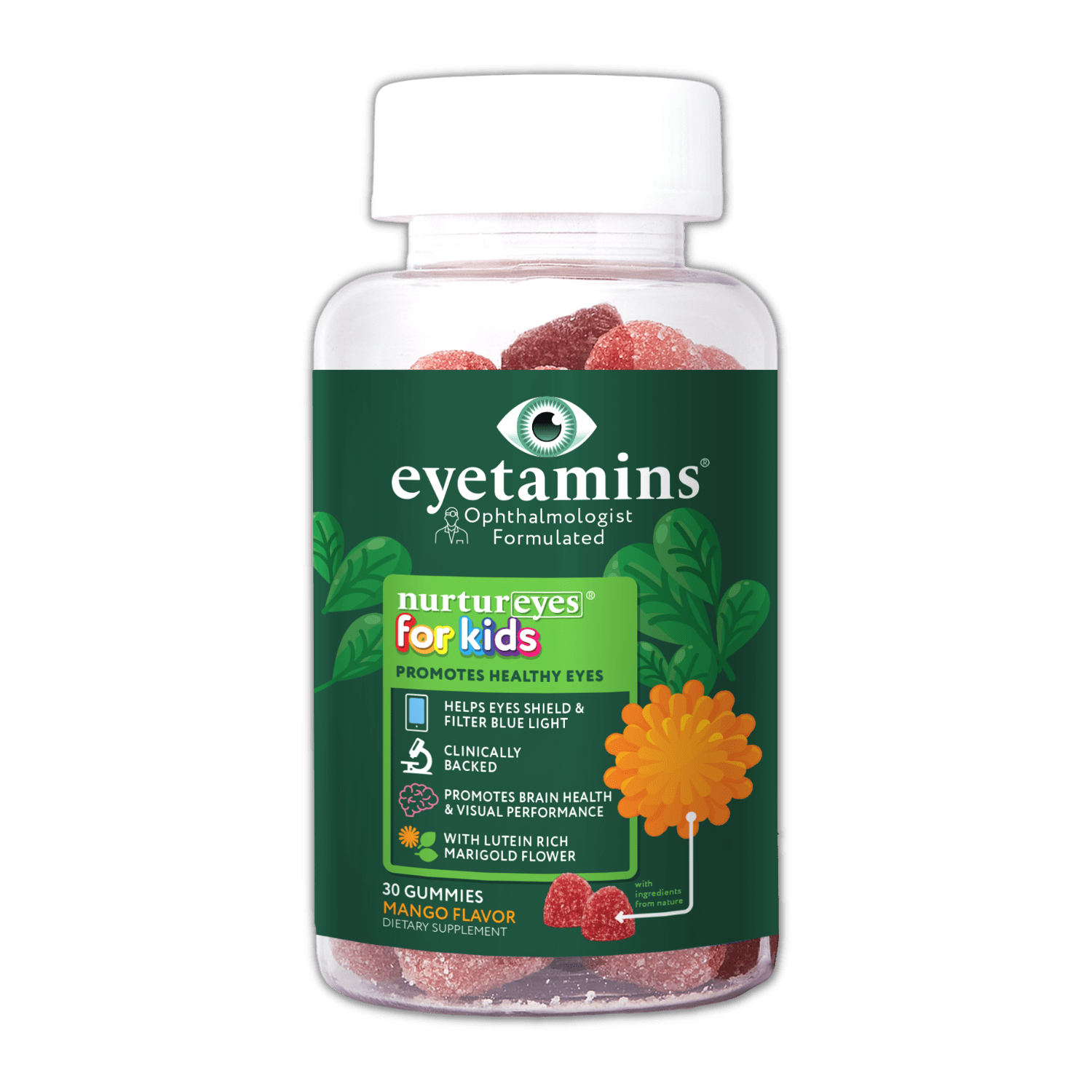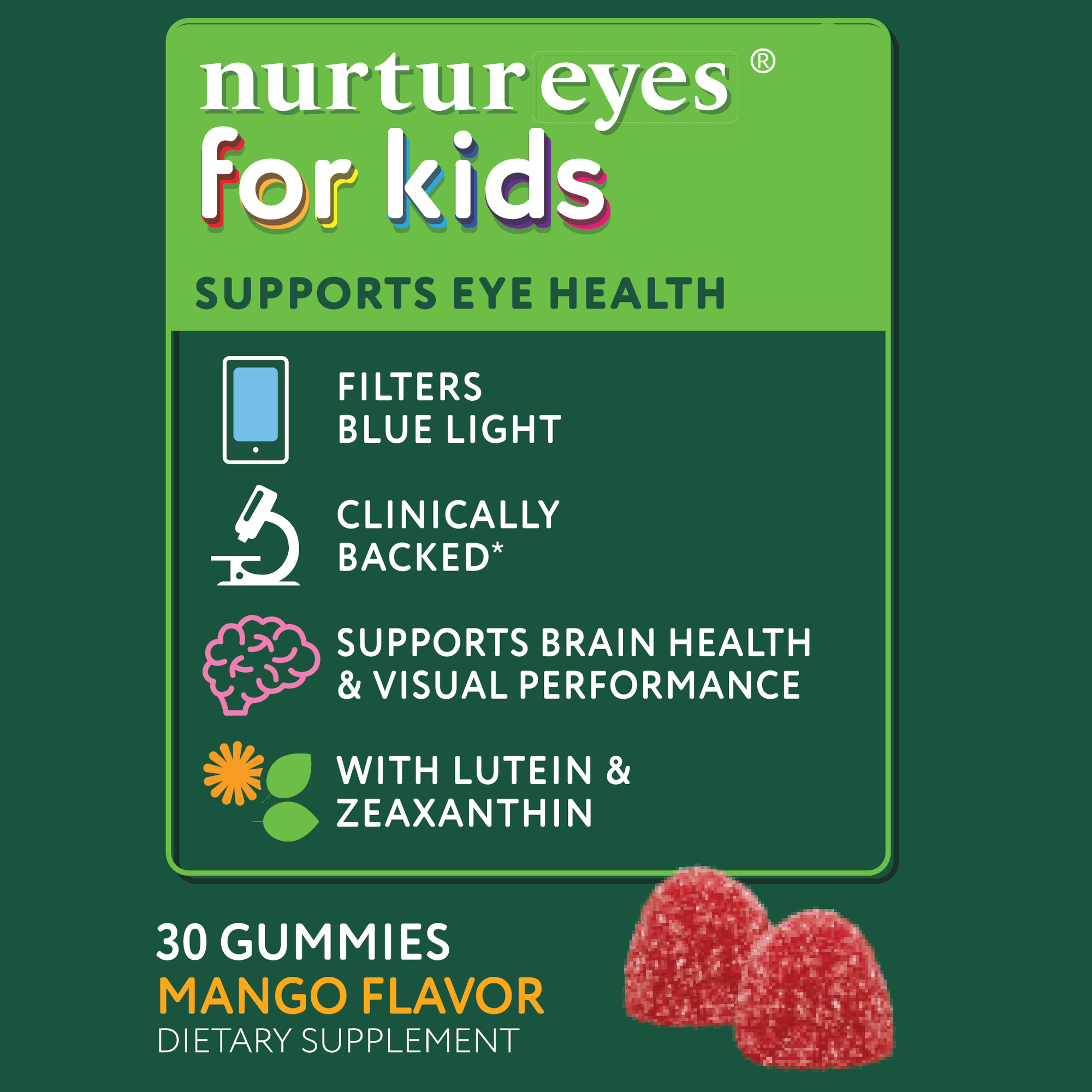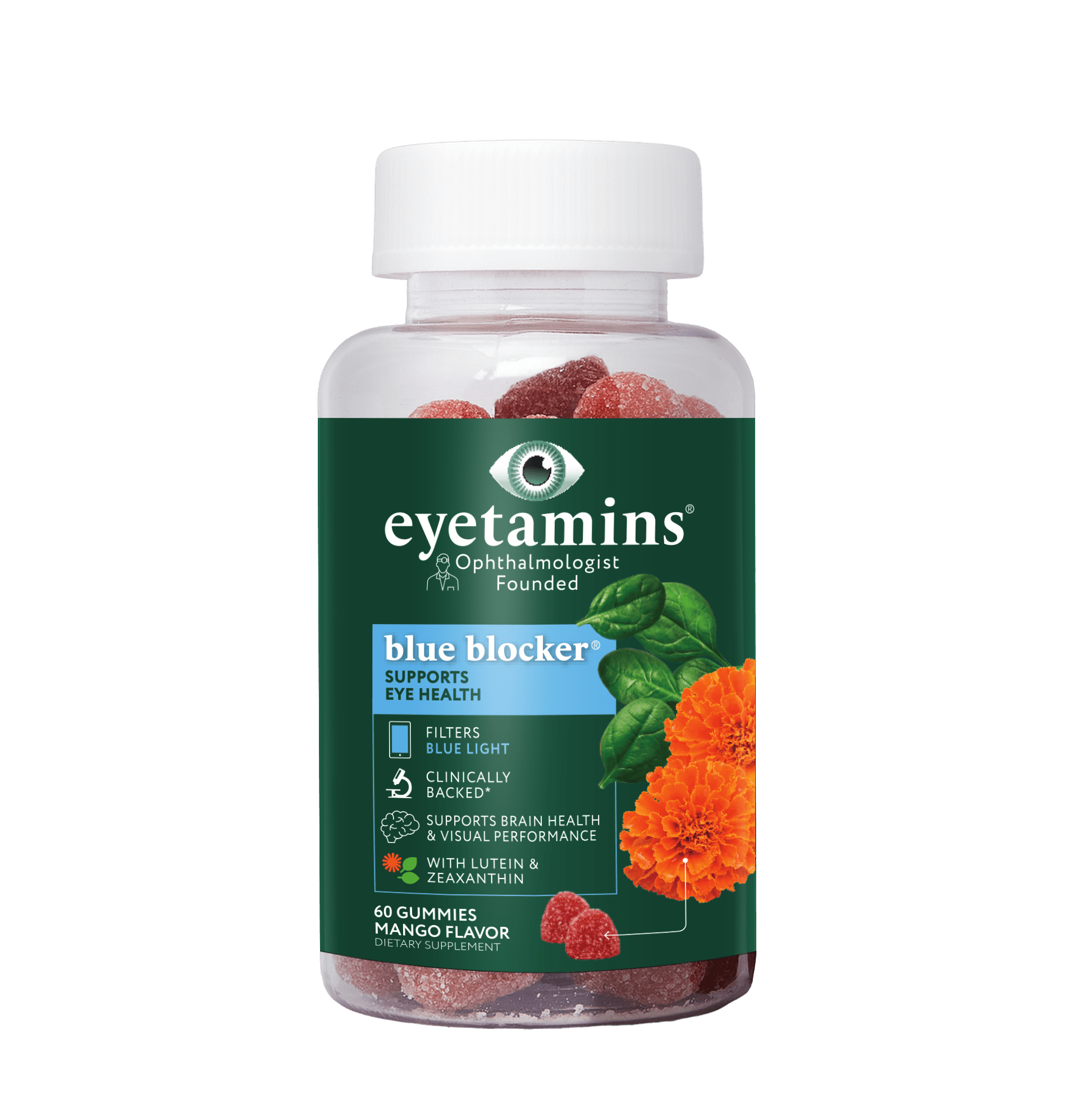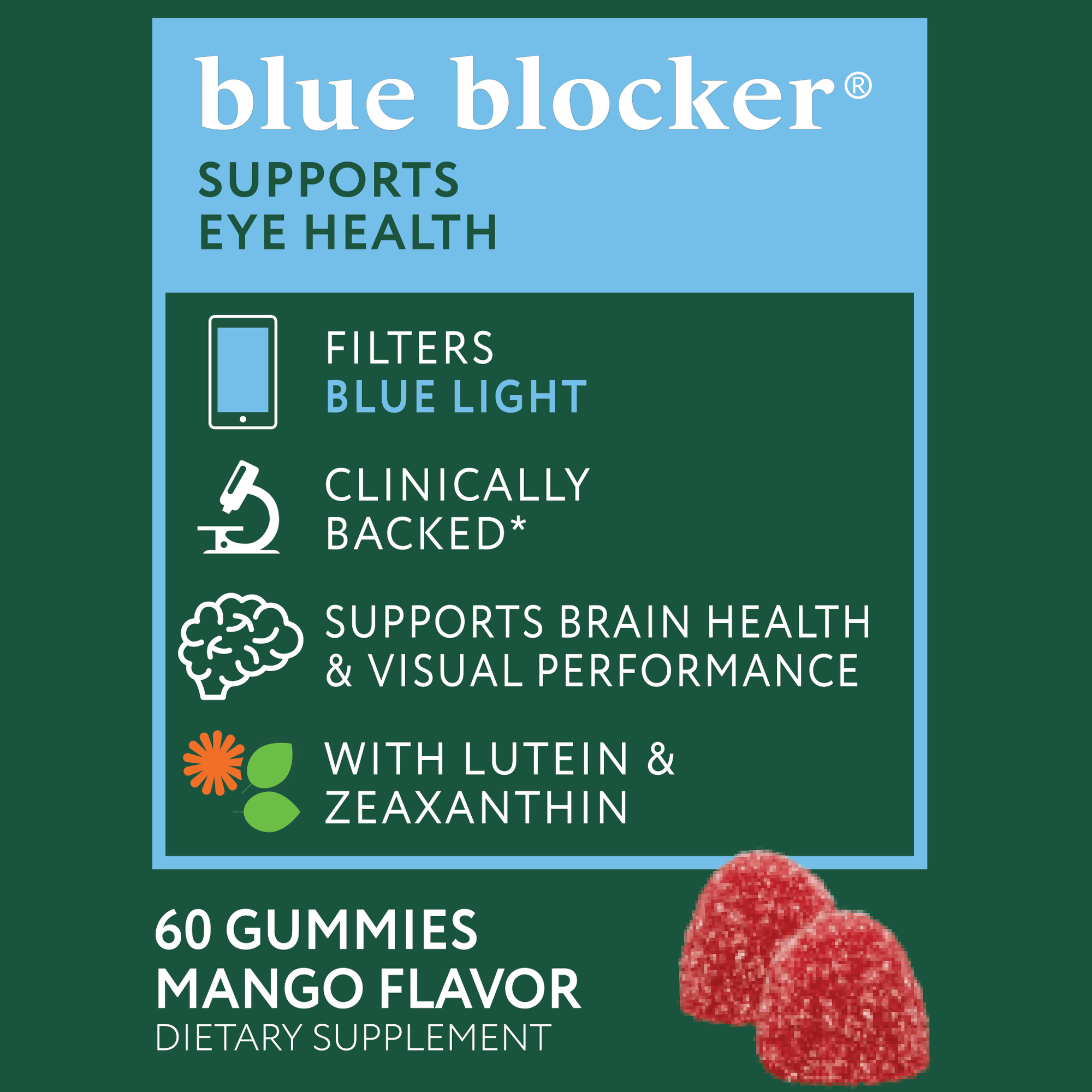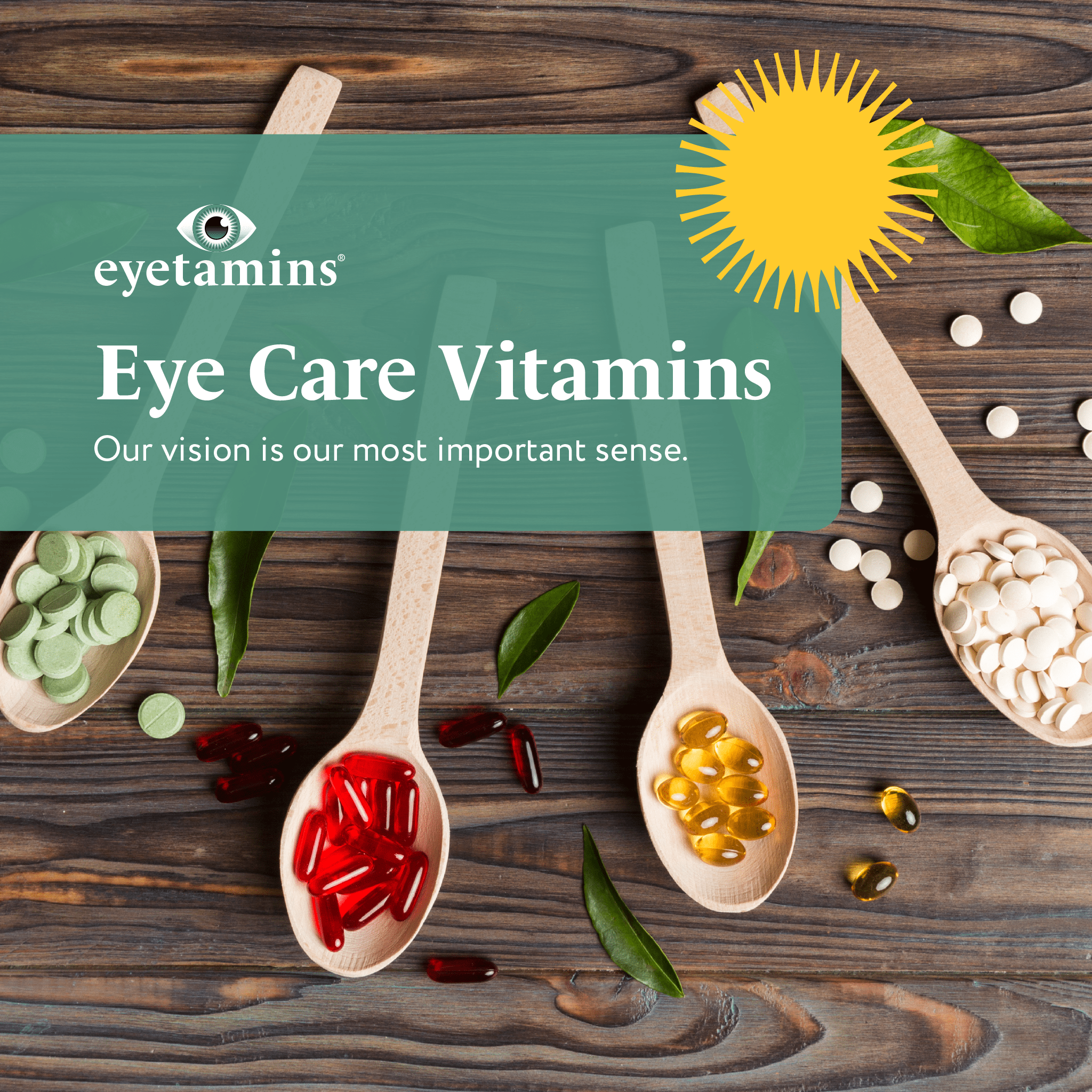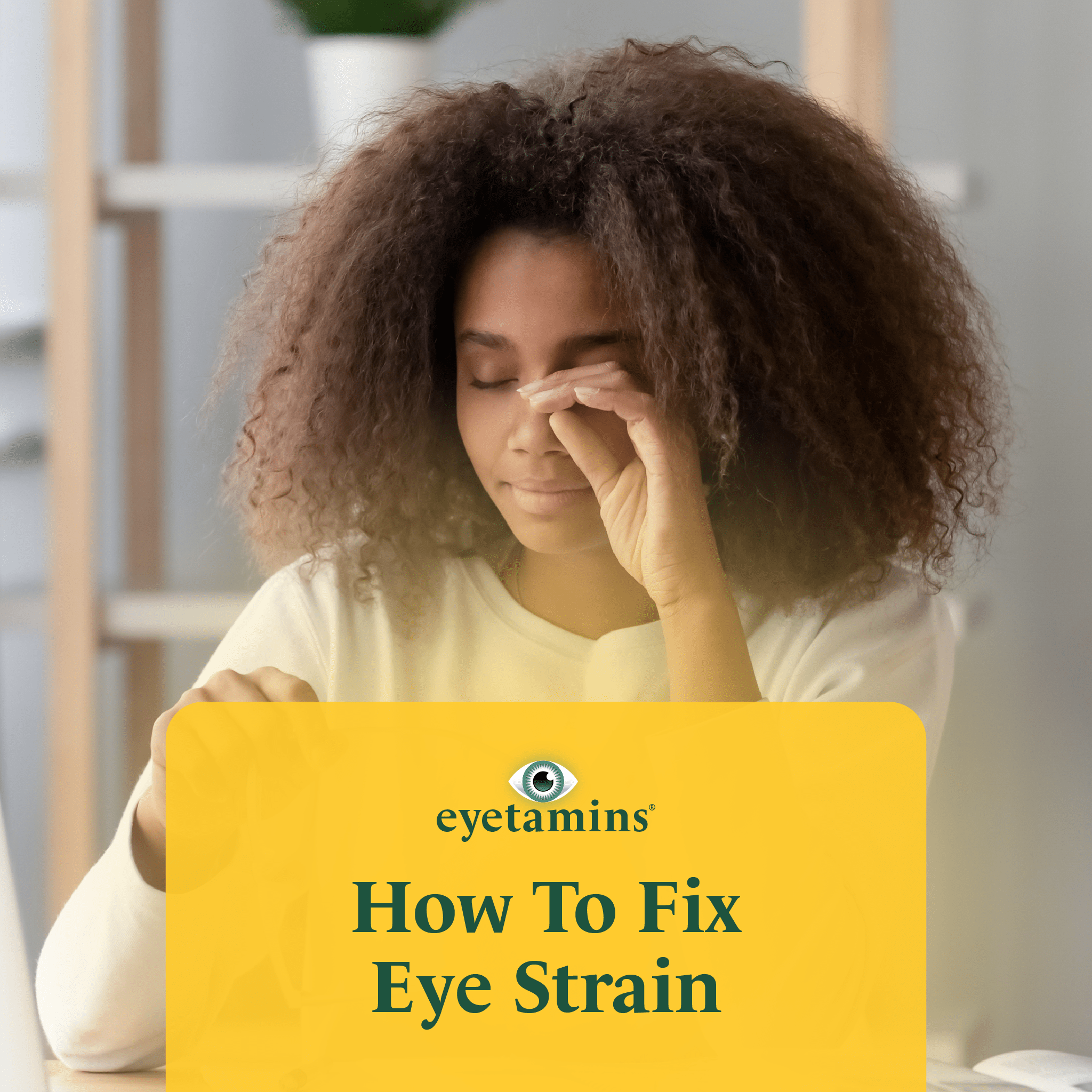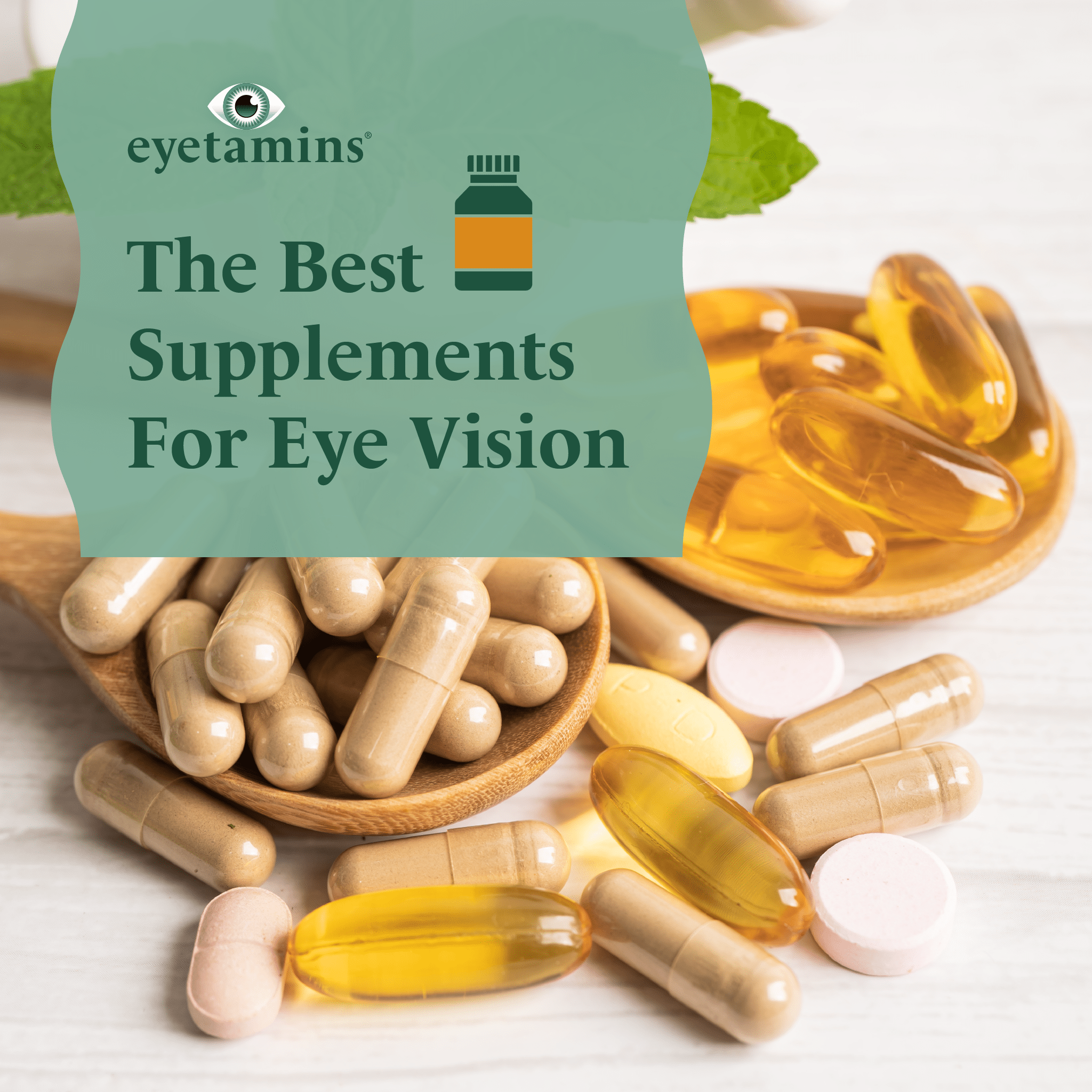· By Dr. Kaushal M. Kulkarni, M.D.
What Is Causing Dry Eyes?
Ever wake up with what feels like sand in your eyes? People often attribute this condition to a lack of sleep, but it might be something more. You could be suffering from dry eye. While the condition is usually temporary and not serious, it can be a nuisance. More importantly, it can lead to long-term damage to your eyesight if left unchecked.
So, what exactly is dry eye and what causes it?

What Does Dry Eye Feel Like?
The first thing you might notice if you have dry eye is a feeling of grittiness or sandiness in your eye. You might also feel like your eyes are tired, itchy, or burning.
You may experience these symptoms more when you are in a dry or windy environment, or after looking at a computer screen or other digital devices for a long period of time. In severe cases, dry eye can cause difficulty driving, reading, or working at a computer.
If the cornea (the clear front layer of the eye) becomes too dry, it can become swollen and cloudy, which can lead to vision problems.
Most Common Causes of Dry Eye
Dry eye occurs when the tears that lubricate your eyes are unable to do their job properly. This can happen for a number of reasons.
Environmental Conditions
There are a number of environmental factors that can contribute to dry eye, including wind, dust, and indoor heat. People who live in highly polluted areas or who work in dusty environments are also at an increased risk for developing dry eye.
These elements can cause the evaporation of tears, leading to irritation and discomfort. Additionally, exposure to blue light from electronic screens can also lead to dry eye. This is because blue light inhibits the production of tears.
Aging
The aging process can cause a number of changes in our bodies, and dry eye is one of them.
There are several reasons why this happens. First, as we age, our tears tend to become less effective at lubricating our eyes. This is because the tear glands produce fewer tears, and the tears that are produced are often of lower quality.
In addition, the eyelids can become less efficient at distributing tears over the surface of the eye. As a result, the eye becomes more susceptible to dryness and irritation.
Another contributing factor to dry eye in older adults is that the eyes may not be able to produce enough tears to compensate for evaporation. This can be due to a decrease in blink rate or an increase in eyelid aperture.
Whatever the cause, aging can lead to dry eye, which can be a nuisance but is usually not serious.
Side Effects Of Medication
Medications are one of the most common culprits of dry eye. Many types of medication can cause dry eye, including antihistamines, decongestants, and blood pressure medication. In addition, medications that are used to treat glaucoma can also cause dry eye.
The exact mechanism by which these medications cause dry eye is not fully understood, but it is thought that they interfere with the production of tears or with the normal drainage of tears from the eye. As a result, patients who are taking these medications may experience symptoms such as redness, itching, burning, and pain.
In severe cases, chronic dry eye can lead to corneal ulcers or scarring. Fortunately, there are a number of treatments available for dry eye, and many patients find relief by simply switching to a different medication.
Medical Conditions
Dry eye is a symptom of many medical conditions, including Sjögren’s syndrome, diabetes, and rheumatoid arthritis.
Sjögren’s Syndrome
Sjögren's syndrome is an autoimmune disorder that primarily affects the tear and saliva glands. As a result, people with Sjögren's often experience dryness in the eyes (dry eyes) and mouth (known as xerostomia).
In some cases, While there is no cure for Sjögren's, treatments are available to help relieve symptoms and prevent complications. For example, artificial tears and other eyedrops can help to moisten the eyes, while special toothpastes and mouthwashes can help to reduce oral dryness.
Lupus
One of the lesser-known symptoms of lupus, an autoimmune disease, is dry eye, which occurs when the immune system attacks the tears and glands that produce them.
While there is no cure for lupus, treatments such as steroids and immunosuppressants can help to control the disease and minimize its symptoms. For those with lupus-related dry eye, artificial tears and other ocular lubricants can provide relief. In some cases, surgery may also be necessary to repair damaged tear ducts or glands.
Rheumatoid Arthritis
Rheumatoid arthritis is a chronic inflammatory condition that can affect many parts of the body, including the eyes. While the disease itself can affect the production of tears and damage the surface of the eye, making it more susceptible to dryness, certain medications used to treat rheumatoid arthritis can also cause dry eye.
While there is no cure for rheumatoid arthritis, there are treatments that can help to relieve symptoms. For example, artificial tears or ointments can help to lubricate the eyes and prevent further damage. In addition, certain medications can help to reduce inflammation and improve tear production.
Easy Ways To Treat Dry Eye
There are a number of easy ways to treat dry eye. One of the simplest methods is to use artificial tears or lubricating eye drops. These can help to moisten the eyes and relieve symptoms such as burning, itching, and redness.
Dietary supplements that include sea berry–the natural fruit of the sea buckthorn plant–can also help dry eye by ensuring you are receiving enough of the right vitamins and nutrients your eyes need to function properly.
It is also important to avoid excessive exposure to dry or dusty environments, and to take breaks when working at a computer screen or reading for extended periods of time. In addition, many people find that using a humidifier in their home or office can help to reduce dryness.
If these measures do not improve the condition, it is important to see an eye doctor, as more serious cases of dry eye may require prescription medication or surgery.
People Also Ask
1. What is the most common cause of dry eye?
The most common cause of dry eye is deficiency of tears. Such a deficiency can be caused by a number of factors, including age, environmental factors, certain medications, or certain medical conditions.
2. How do you fix dry eyes?
Over-the-counter eye drops can temporarily relieve the symptoms of dry eye, while vitamin supplements and–in some rare cases–medical procedures can go a long way in fixing the root causes of dry eye.
3. Why do I suddenly have dry eyes?
Aging, environmental conditions such as wind and dust, and new medications can all cause a sudden increase in eye dryness.
4. When should I be concerned about dry eyes?
While occasional dry eyes are normal and usually nothing to worry about, there are certain situations when you should become concerned. Persistent dry eyes that don't improve with over-the-counter treatments or home remedies could be a sign of a more serious problem.
Additionally, if you experience sudden onset of dry eyes or if your symptoms are accompanied by pain, light sensitivity, or vision changes, you should see a doctor right away as these could be signs of an eye infection or another serious condition.
Conclusion
The most common causes of dry eyes include environmental factors, aging, certain medications, and certain medical conditions. If you suffer from dry eyes, there are a few things you can do to help alleviate the symptoms.
First, use artificial tears or lubricating eye drops to help keep your eyes moist. Secondly, incorporate an eye-healthy supplement into your diet to ensure your eyes are getting the proper vitamins and nutrients. And finally, take breaks from staring at screens every 20 minutes or so to help reduce eye strain.
If dryness continues, be sure to speak to your preferred eye doctor. By following these simple tips, you can help prevent dry eyes from becoming a problem.

